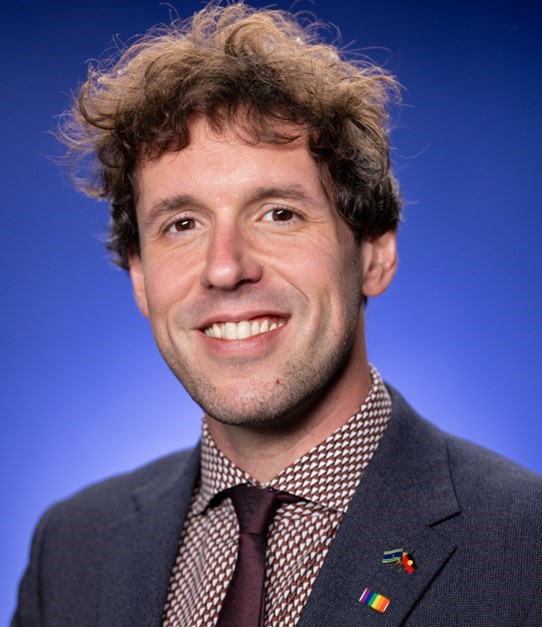The extraordinary global health, social and economic impacts of the COVID-19 pandemic have shone a piercing light on both the achievements and the failures of international cooperation, and on the role international law has played in both promoting and hindering these outcomes. The lessons of the COVID-19 pandemic – from the reasons it originated and then spread so quickly, to the travel bans countries imposed, to the stark global inequities in access to vaccines and other health products – have led to an intense period of international reform and lawmaking for health emergency preparedness and response.
In this panel discussion, leading experts across global health disciplines will explore what the COVID-19 experience, and its aftermath, have taught us about the possibilities and limits of international law. Can the international community do better in preventing pandemics and other international health emergencies, and in responding more equitably when they occur? Can we work better across disciplines and sectors, both in times of global health crisis and between crises? Can we manage the complexity of the relationships across connected areas of international law, policy and practice, such as climate change, international trade and human rights? How can we ensure that the COVID-19 experience is never repeated?
The panel will be chaired by Professor at Melbourne Law School and Director of its Institute for International Law and the Humanities, Professor Margaret Young, and will feature:
Panel discussion at Melbourne Law Scool from 5:30pm – 6:45pm.
Light refreshments to follow.
The event is jointly hosted by The Institute for International Law and the Humanities, the Health Law and Ethics Network, and the Australian Institute for Infectious Disease (AIID).
